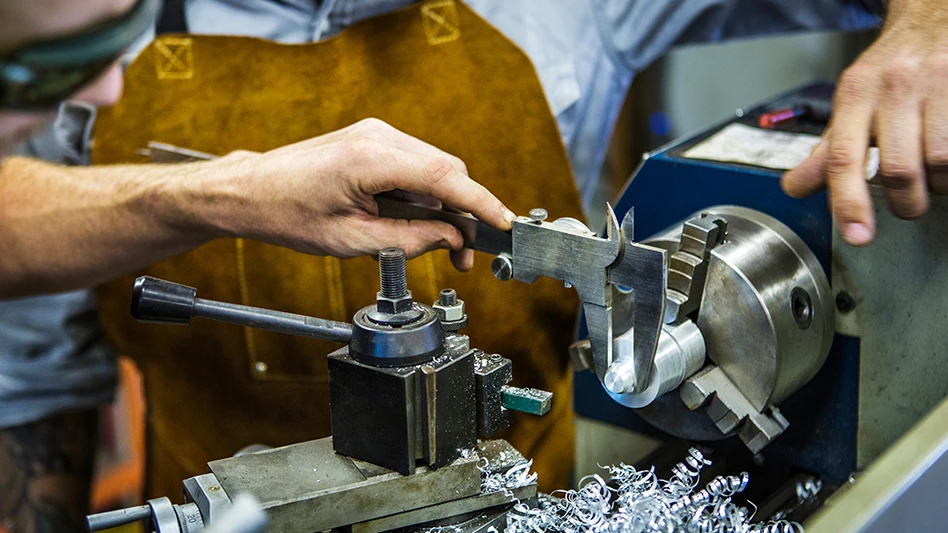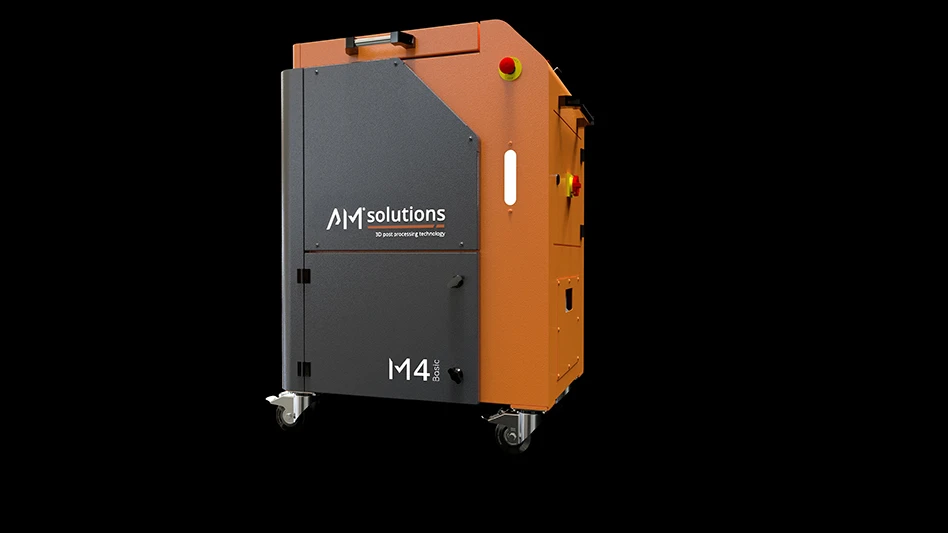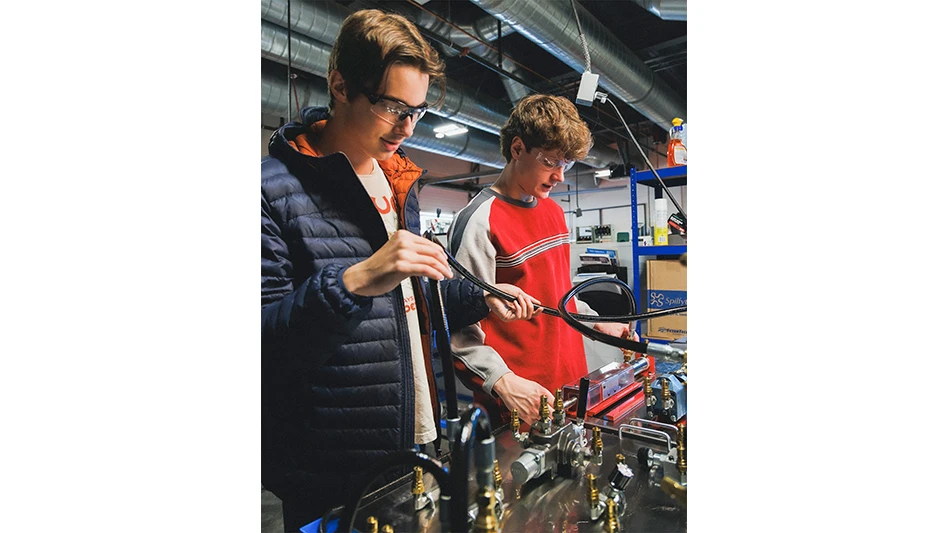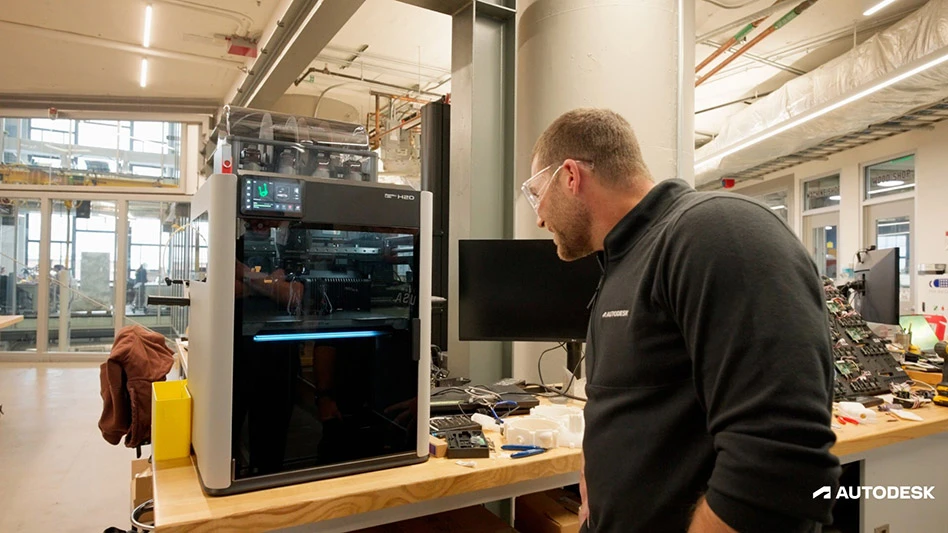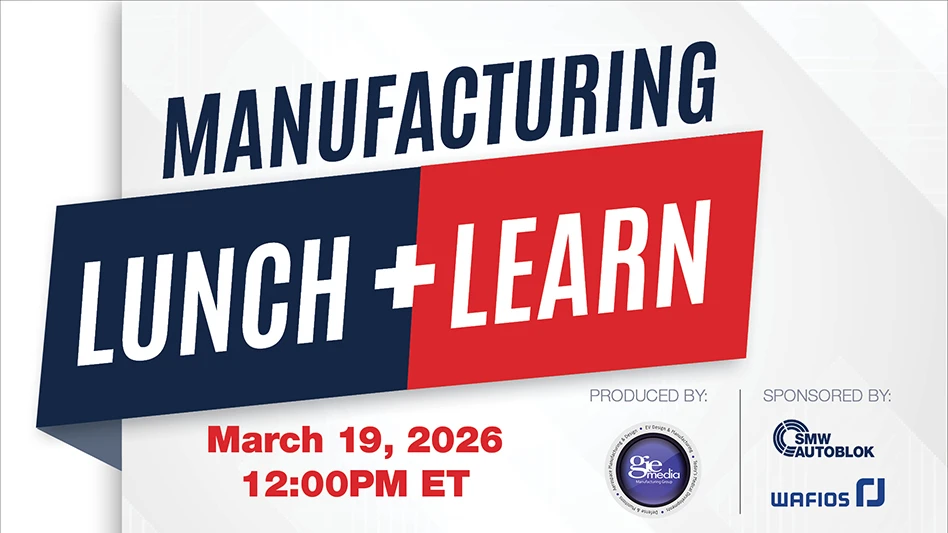 |
Doctors, hospitals, and individuals depend on the highest quality hypodermic needles to administer medicines and draw fluids. Unfortunately, 100% visual and/or water leak test inspection of the needle tubing or finished product for microscopic cracks or defects is nearly impossible. A hypodermic needle manufacturer has integrated automated eddy current testing solutions from Criterion NDT into their production lines to inspect 100% of their material for cracks and defects.
Medical grade hypodermic needles are available in numerous diameters and wall thicknesses. A hypodermic needle manufacturer wanted to detect through-wall cracks down to 0.100" x 0.004" (2.5mm x 0.1mm), in needles down to 0.011" (0.28mm) in diameter. The manufacturer’s process commences with the forming and welding of medical grade stainless steel strip, where tubing is drawn through forming dies and annealed, repeating this process until the desired diameter is achieved. The manufacturer wanted to ensure the quality of the tubing immediately prior to the needle cutting process.
Eddy current testing is very well suited for finding defects in metallic tubing and wire used for medical applications. As an example, a heart valve manufacturer employs eddy current to test the wire used in their heart valves. Manufacturers also use eddy current testing to find cracks and flaws in metal components such as bearings, gears, and shafts. Because eddy current testing is sensitive to the structure of the material, other applications may include detection of proper material hardness, case depth, and alloy. the solution In eddy current testing, an induction of an electromagnetic field into a metallic object, by way of an electrical coil, is the first step. The flow generated by the eddy currents in the metal will vary depending on the microstructure of test material. A crack or a flaw in an object will physically affect an eddy current, causing it to have to flow around the defect. The eddy current coil is sensitive to the magnetic field produced by the eddy current flow in the metal, and information related to changes in this field are processed by the eddy current instrument. The flaw detection thresholds are set based upon the enduser’s established quality requirements.
For the hypodermic needle application, the manufacturer installed eddy current testing systems just prior to the needle cutting process, where defective materials could easily be cut out in-line, in real-time. This allows the medical tubing to be 100% tested at production line speeds with the test designed to find defects in both the weld and base material.
The complete testing solution consists of an eddy current encircling coil and an eddy current test instrument, interfaced with the production line cutting/sorting mechanism. The tubing passes through the eddy current coil, which contains two separate windings, and in order to optimize flaw detection, the encircling coil is precision designed to ensure a close fit with the material.
The eddy current test instrument drives the windings in the coil with one or more test frequencies selected specifically for the material being tested. The eddy current instrument then monitors the received eddy current signal variations to determine whether a defect is present based on alarm limits that were previously established around a known good product’s test data. If a defect is present, the industrial I/O controller within the instrument sends a signal to a PLC in the cutting/sorting mechanism to remove, automatically, the defective material from the production line.
A typical eddy current flaw signals the user and the InSite eddy current instrument allows the manufacturing engineer or the operator (utilizing password protected limited access settings) to adjust the detection threshold to set the flaw detection criteria and eliminate false alarm readings. Besides providing a good/bad sorting process, the data can be stored and used to identify process control issues and significantly reduce scrap rates. By installing testing equipment at various stages in the manufacturing line, each process can be easily monitored. In addition, Criterion NDT’s Zetec InSite eddy current instruments are capable of testing tubing at various line rates.
As the hypodermic needle manufacturing process runs continuously, the eddy current encircling coils are subjected to extreme wear conditions. To provide maximum durability and life, Criterion NDT uses TTZ (Trans-Toughened Zirconia) ceramic coil inserts. The hardness of the TTZ significantly extends the life of the coils, protecting the electrical windings from wear and damage caused by the cutting action of the small diameter tubing, as well as protection from any burrs and snags that may occasionally be present.
Tube manufacturing processes can introduce permeability variations, which influence the test results by adding a significant amount of consistent electromagnetic noise and local areas of residual magnetism, which can result in large, intermittent flaw-like responses. Small permanent magnets can be installed in the encircling coil to realign the magnetic domains within the material as it passes through the coil, greatly attenuating any permeability variation and residual magnetism noise.
One hundred percent in-line, real-time eddy current inspection can help ensure the overall quality of the product without sacrificing production throughput. It also helps manufacturers identify problems early on in the production process, helping with continual process improvements while reducing scrap and saving money by not adding value to sub-standard materials. Eddy current testing is a green technology, not requiring the use of chemicals or dyes, and allows the capturing of production line statistical data. Eddy current testers can also be used to validate heat treat processes and material structure conditions.
Criterion NDT
Auburn, WA
criterionndt.com

Explore the October 2010 Issue
Check out more from this issue and find your next story to read.
Latest from Today's Medical Developments
- NextDent 300 MultiJet printer delivers a “Coming of Age for Digital Dentistry” at Evolution Dental Solutions
- Get recognized for bringing manufacturing back to North America
- Adaptive Coolant Flow improves energy efficiency
- VOLTAS opens coworking space for medical device manufacturers
- MEMS accelerometer for medical implants, wearables
- The compact, complex capabilities of photochemical etching
- Moticont introduces compact, linear voice coil motor
- Manufacturing technology orders reach record high in December 2025
